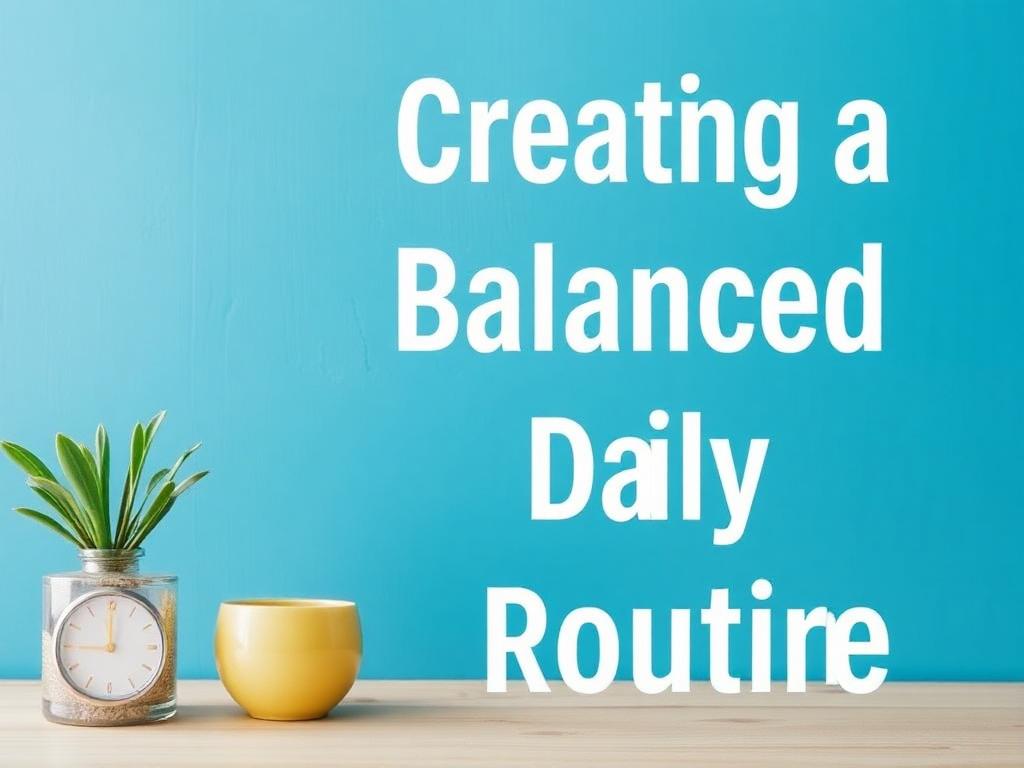Tips for Reducing Screen Time

Introduction: Why Reducing Screen Time is Important
In today’s digital age, screens are an integral part of our lives. From smartphones and computers to tablets and TVs, screens are everywhere. While technology has revolutionized the way we work, communicate, and entertain ourselves, excessive screen time can have negative effects on our health.
Long hours of screen use are associated with eye strain, poor posture, disrupted sleep, and increased stress levels. Additionally, it can reduce productivity, limit physical activity, and harm mental well-being. As a result, it’s essential to find ways to reduce screen time and establish a healthier balance.
In this article, we’ll explore simple, effective tips to reduce screen time without feeling deprived or disconnected from the digital world.
1. Set Screen Time Limits
One of the easiest ways to manage screen time is by setting specific limits. You can use built-in features on your smartphone, tablet, or computer to track and control your screen usage. Setting time limits for apps or activities can help you stay more mindful about your digital habits.
How to Set Screen Time Limits:
- Use Screen Time Apps: Many devices, including iPhones (with Screen Time) and Android phones (with Digital Wellbeing), offer built-in tools that track and limit usage.
- Set App Time Limits: Limit time spent on social media, games, or other time-consuming apps by setting daily usage limits. Once the limit is reached, the app will automatically be blocked for the rest of the day.
- Plan Breaks: Instead of constant use, plan specific times when you’ll check your device, such as every 30 minutes or hour. Stick to these breaks and avoid aimless scrolling.
Setting screen time limits helps you stay accountable and creates a healthier balance between digital and non-digital activities.
2. Practice the 20-20-20 Rule
Prolonged screen use can cause digital eye strain, headaches, and discomfort. To reduce the risk, follow the 20-20-20 rule. This simple strategy can help reduce eye strain and promote overall well-being.
How the 20-20-20 Rule Works:
- Every 20 minutes, look at something 20 feet away from you for 20 seconds.
- This simple exercise helps your eyes refocus, reduces strain, and gives them a much-needed break.
By incorporating the 20-20-20 rule, you can minimize eye fatigue and ensure your screen time is more comfortable.
3. Create Tech-Free Zones
Establishing areas in your home or office where screens are off-limits can help you disconnect and enjoy a more balanced life. Tech-free zones encourage you to engage in other activities, such as reading, cooking, or having face-to-face conversations.
Ideas for Tech-Free Zones:
- Bedroom: Avoid using your phone or computer in the bedroom to improve sleep quality. Instead, create a relaxing bedtime routine with a book, meditation, or journaling.
- Dining Area: Make mealtime a screen-free experience. Focus on the food and the people you’re with to improve digestion and foster better communication.
- Living Room: Designate this area for family activities, games, or hobbies that don’t require screens.
By creating designated areas without technology, you can develop habits that promote connection, relaxation, and mindfulness.
4. Replace Screen Time with Physical Activity
A great way to reduce screen time is by replacing it with physical activity. Whether it’s a walk, jog, yoga session, or stretching routine, physical movement is an excellent way to recharge and refresh your mind and body.
Simple Ways to Incorporate Movement:
- Take a Walk During Lunch: Rather than sitting at your desk or scrolling through your phone, step outside for a 10-15 minute walk.
- Use Your Phone for Exercise: Use fitness apps or YouTube videos to follow along with short workouts instead of spending time on social media.
- Do a Quick Stretch Break: Set a timer to remind yourself every 30 minutes to do some stretches, deep breathing, or a short movement session.
Incorporating exercise or movement into your routine will not only reduce screen time but also improve your physical health, mood, and energy levels.
5. Turn Off Notifications
Constant notifications from social media, emails, and apps can increase your screen time by drawing you back to your device repeatedly. To combat this, turn off unnecessary notifications and limit interruptions during the day.
How to Reduce Notifications:
- Disable Non-Essential Alerts: Turn off notifications for apps that aren’t critical, such as social media or games.
- Use “Do Not Disturb” Mode: Set your phone to “Do Not Disturb” during work hours, meals, or sleep to avoid constant distractions.
- Set Time Limits for Email and Messaging: Instead of checking email or messages constantly, designate specific times to go through them, such as once in the morning and once in the evening.
By turning off notifications, you can regain control over your attention and reduce the temptation to check your phone unnecessarily.
6. Engage in Offline Hobbies
Rediscovering hobbies that don’t involve screens can be a fun and productive way to reduce screen time. Whether it’s painting, knitting, gardening, reading, or cooking, there are endless offline activities that can engage your mind and body.
Offline Hobbies to Try:
- Reading: Switch to a physical book or audiobook for an escape from screens while stimulating your imagination and expanding your knowledge.
- Arts and Crafts: Take up drawing, painting, knitting, or other hands-on creative activities to relax and unwind without the need for technology.
- Cooking or Baking: Experiment with new recipes and cooking techniques to engage your creativity and focus on the present moment.
By immersing yourself in offline hobbies, you can fill your time with meaningful activities and reduce your reliance on screens.
7. Practice Mindfulness and Meditation
Mindfulness and meditation are powerful tools for reducing screen time, as they help you stay present in the moment and break free from the constant pull of digital distractions. These practices can improve your mental clarity, reduce stress, and promote a deeper connection with yourself.
Mindfulness Tips for Reducing Screen Time:
- Mindful Moments: Take a few minutes each day to pause, breathe, and focus on the present moment. Use this time to check in with your body and mind, rather than turning to your phone.
- Meditate: Regular meditation helps you become more aware of your thoughts and habits, including your screen time. Apps like Headspace and Calm offer short guided sessions to get started.
- Mindful Breaks: Instead of scrolling aimlessly during breaks, practice a mindful walk, stretch, or deep breathing exercise.
Mindfulness and meditation help break the cycle of compulsive screen use and foster a healthier relationship with technology.
8. Limit Screen Time Before Bed
Exposure to screens before bed can interfere with your sleep by suppressing melatonin, the hormone that regulates sleep. To improve sleep quality and reduce your screen time, establish a nighttime routine that doesn’t involve screens.
How to Avoid Screens Before Bed:
- Set a Screen Curfew: Try to stop using screens at least 30-60 minutes before bedtime. This will help your body relax and prepare for sleep.
- Read or Listen to Music: Instead of checking your phone, read a book, listen to calming music, or practice relaxation techniques like deep breathing or meditation.
- Dim the Lights: Reduce exposure to bright lights in the evening. Dim the lights in your home to signal to your body that it’s time to wind down.
By cutting out screens before bed, you can improve your sleep quality, feel more refreshed in the morning, and reduce the negative effects of excessive screen use.
Conclusion: Finding Balance in a Digital World
Reducing screen time is essential for maintaining good physical, mental, and emotional health. By setting boundaries, replacing screen time with physical activity, and engaging in offline hobbies, you can create a healthier relationship with technology.
While screens are an inevitable part of modern life, it’s important to find balance. By using the tips outlined in this article, you can reduce your screen time, improve your well-being, and enjoy a more fulfilling, present life.


